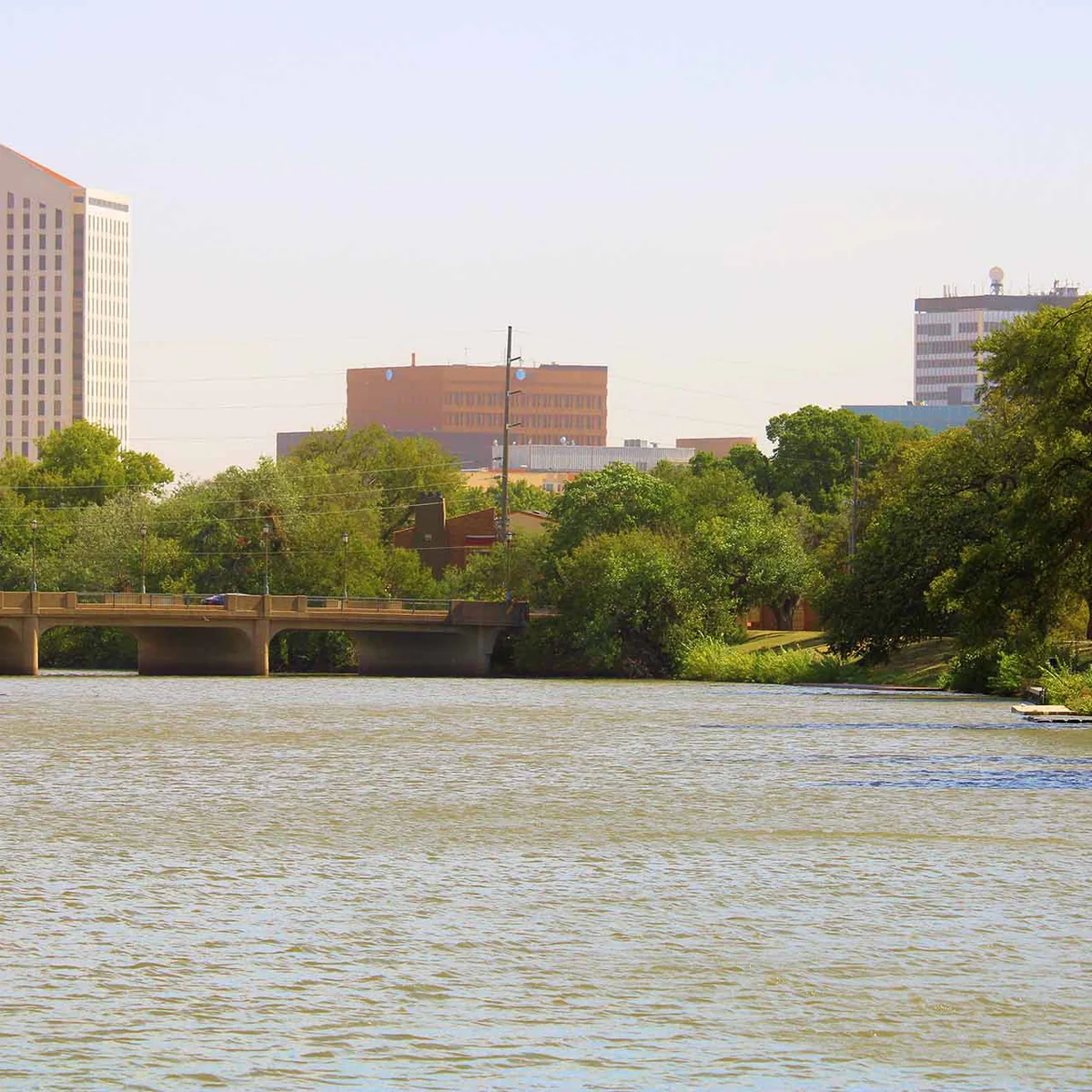Living in Florida is like being in a sunny paradise, with its beautiful beaches, lush greenery, and warm weather. However, for many people, this paradise comes with a downside: allergies. If you’ve ever sneezed your way through a picnic or felt itchy-eyed while enjoying a sunset, you might be wondering, “What are the worst months for allergies in Florida?” Let’s dive into the world of allergens and understand when they tend to bother us the most.
Understanding Allergies
Before we get into the specifics of when allergies are at their worst, it’s important to understand what allergies are. Allergies happen when your body reacts to certain substances that it thinks are harmful. These substances, known as allergens, can come from many sources, including pollen, mold, pet dander, and dust mites. When someone with allergies comes into contact with these allergens, their immune system responds by releasing chemicals like histamines, leading to symptoms like sneezing, itchy eyes, and a runny nose. Also read What Are the Worst Months for Allergies in Florida
Why Florida is an Allergy Hotspot
Florida’s unique climate makes it a perfect place for various allergens to thrive. The warm temperatures and high humidity levels create an ideal environment for pollen-producing plants and mold. This means that those with allergies may find themselves dealing with symptoms more frequently here than in cooler, drier states. The combination of the state’s lush vegetation and year-round warmth means that allergens can be present at various times throughout the year, but certain months can be particularly challenging.
Seasonal Allergies: A Breakdown
Florida experiences a range of pollen types throughout the year, but they peak during specific months. Knowing what to expect can help you prepare and manage your allergies better. The main types of pollen in Florida include tree pollen, grass pollen, and weed pollen.
Tree Pollen
Tree pollen is one of the first allergens to appear in Florida. In the spring, as the trees start to bloom, they release large amounts of pollen into the air. This usually happens from February to April. Some of the most common trees that cause allergies include oak, cedar, and pine. If you suffer from allergies, you may find that you have the worst symptoms during these months, especially if you’re sensitive to tree pollen.
Grass Pollen
After the trees, grass pollen takes its turn. Grass pollination peaks from late spring to early summer, typically from May to July. Bermuda grass and Bahia grass are two common types that can cause allergy issues. If you enjoy outdoor activities during this time, you may want to keep an eye on pollen counts to avoid triggering your allergies.
Weed Pollen
As summer fades and fall approaches, weed pollen becomes the main concern. This usually happens from August to November. Ragweed is the most notorious culprit, releasing pollen that can travel great distances. Even if you don’t have ragweed growing nearby, you might still experience allergy symptoms during this time due to how far the pollen can travel.
What Are the Worst Months for Allergies in Florida?
Now that we’ve covered the types of pollen, let’s look at which months are generally considered the worst for allergies in Florida.
February to April: Tree Pollen Season
This is the peak season for tree pollen. If you’re allergic to tree pollen, you might start to feel symptoms in late February. March tends to be the worst month, as many trees are in full bloom, releasing high levels of pollen into the air. By April, pollen levels may begin to decrease, but those with allergies may still feel some effects.
May to July: Grass Pollen Season
As tree pollen starts to decline, grass pollen takes over. May is particularly problematic, as grasses are growing rapidly and releasing significant amounts of pollen. June can also be rough, especially for those who are active outdoors. By July, pollen counts can start to decrease, but it’s still a challenging month for allergy sufferers.
August to November: Weed Pollen Season
As summer ends, weed pollen becomes a major issue. August is often when ragweed starts to release pollen, and this can continue well into October. November usually sees a decline in weed pollen, but for those who are sensitive, it can be a tough time.
December: A Brief Respite
Interestingly, December is often a break month for many allergy sufferers. The cooler temperatures and lower humidity levels mean that many allergens, particularly pollen, are less prevalent. However, if you have allergies to mold or dust mites, you might still experience some issues during this time.
How to Manage Allergies in Florida
Understanding when the worst months for allergies in Florida are can help you take steps to manage your symptoms. Here are some helpful tips for reducing allergy flare-ups.
Stay Informed About Pollen Counts
One of the best ways to manage your allergies is to stay informed about the pollen counts in your area. Websites and apps can provide daily updates on pollen levels, allowing you to plan your outdoor activities accordingly. On high-pollen days, consider staying indoors, especially in the early morning when pollen counts are usually at their peak.
Keep Your Home Allergy-Friendly
Creating an allergy-friendly environment at home can significantly reduce your symptoms. Make sure to regularly clean and vacuum your living spaces, using a vacuum with a HEPA filter to trap allergens. Consider using an air purifier to help filter out pollen and other allergens from the air. Washing your bedding and curtains frequently can also help reduce dust mites and other allergens.
Use Over-the-Counter Medications
For many people, over-the-counter medications can provide relief from allergy symptoms. Antihistamines can help reduce sneezing and itching, while decongestants can relieve nasal congestion. If your allergies are severe, consult a doctor for prescription options or discuss allergy shots that may help desensitize you to specific allergens.
Monitor Outdoor Activities
If you love being outdoors but suffer from allergies, consider adjusting your activities based on pollen counts. Try to plan outdoor outings during times when pollen levels are lower. This might mean going for a walk in the evening instead of the morning or choosing indoor activities on high-pollen days.
Stay Hydrated
Staying hydrated is essential, especially during allergy season. Drinking plenty of water can help thin mucus in your airways, making it easier to breathe. Herbal teas, especially those with anti-inflammatory properties, can also provide relief.
Conclusion
So, what are the worst months for allergies in Florida? Generally, February to April is the peak for tree pollen, May to July is worst for grass pollen, and August to November is when weed pollen takes over. Understanding these patterns can help you prepare and manage your allergies more effectively. By staying informed, keeping your home clean, and taking necessary precautions, you can enjoy Florida’s beauty even during allergy season. Remember, while allergies can be bothersome, they don’t have to ruin your time in the sunshine state!





